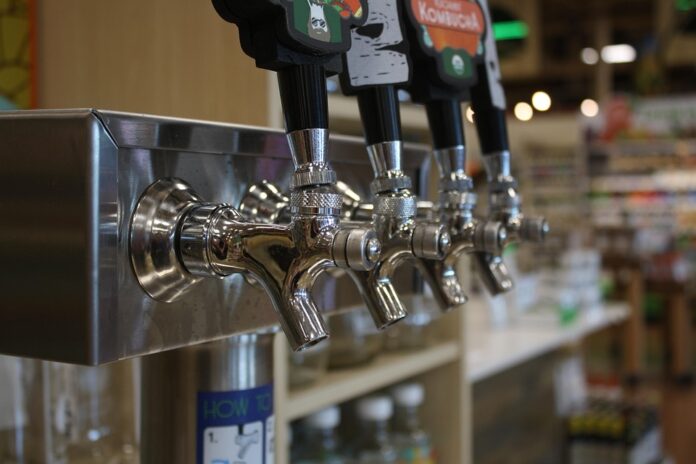Labeling and Traceability Systems for Probiotic Drink Compliance
The Importance of Labeling and Traceability in the Probiotic Drink Industry
Labeling and traceability systems play a crucial role in ensuring compliance with regulations and maintaining consumer trust in the probiotic drink industry. Probiotic drinks are gaining popularity due to their health benefits, including improved digestion and immune function. However, with the increasing demand for these products, it has become essential for manufacturers to implement robust labeling and traceability systems to meet regulatory requirements and provide transparency to consumers.
Regulatory Compliance and Labeling Requirements
Probiotic drinks are classified as food products by regulatory bodies such as the Food and Drug Administration (FDA) in the United States and the European Food Safety Authority (EFSA) in Europe. As such, manufacturers are required to adhere to strict labeling requirements to ensure that consumers are informed about the contents of the product.
Labeling of probiotic drinks should include information such as the name of the product, ingredients list, nutritional information, and serving size. Additionally, manufacturers must ensure that any health claims made on the label are supported by scientific evidence and approved by regulatory authorities.
Traceability Systems for Probiotic Drinks
Traceability systems are essential for tracking the movement of probiotic drinks throughout the supply chain. This includes monitoring the sourcing of raw materials, production processes, and distribution channels. By implementing traceability systems, manufacturers can quickly identify and address any issues that may arise, such as contamination or product recalls.
One of the most common traceability systems used in the probiotic drink industry is the use of barcodes and QR codes on product packaging. These codes contain information about the product’s origin, production date, and expiration date, allowing for easy tracking and verification.
Financial Implications of Implementing Labeling and Traceability Systems
Implementing robust labeling and traceability systems can involve significant upfront costs for probiotic drink manufacturers. This includes investing in technology such as barcode scanners, label printers, and software systems to track and monitor product information.
However, the long-term benefits of implementing these systems far outweigh the initial costs. Improved traceability can help manufacturers streamline their supply chain, reduce waste, and increase efficiency. Additionally, transparent labeling can enhance consumer trust and loyalty, leading to increased sales and market share.
Industry Insights and Trends
The probiotic drink industry is experiencing rapid growth, driven by increasing consumer awareness of gut health and the benefits of probiotics. As a result, manufacturers are facing greater pressure to ensure compliance with regulations and meet consumer expectations for transparency and quality.
One of the key trends in the probiotic drink industry is the use of innovative labeling techniques, such as smart labels and augmented reality. These technologies allow consumers to access additional information about the product, such as its nutritional content, manufacturing process, and sustainability practices.
Conclusion
In conclusion, labeling and traceability systems are essential for probiotic drink manufacturers to ensure compliance with regulations, maintain consumer trust, and drive business growth. By investing in robust systems and technologies, manufacturers can improve efficiency, reduce risks, and enhance the overall quality of their products. As the probiotic drink industry continues to evolve, it is crucial for manufacturers to stay ahead of the curve and prioritize transparency and accountability in their labeling and traceability practices.




